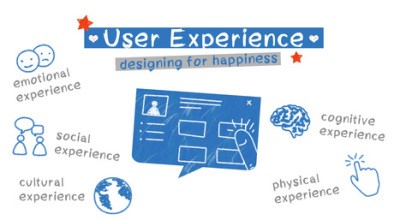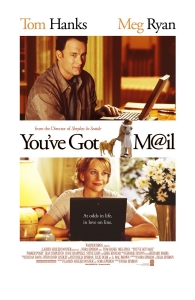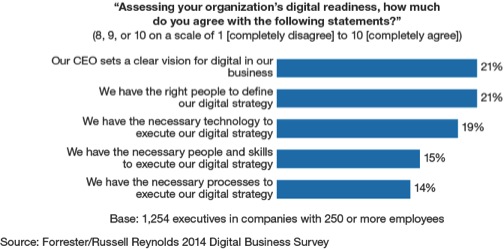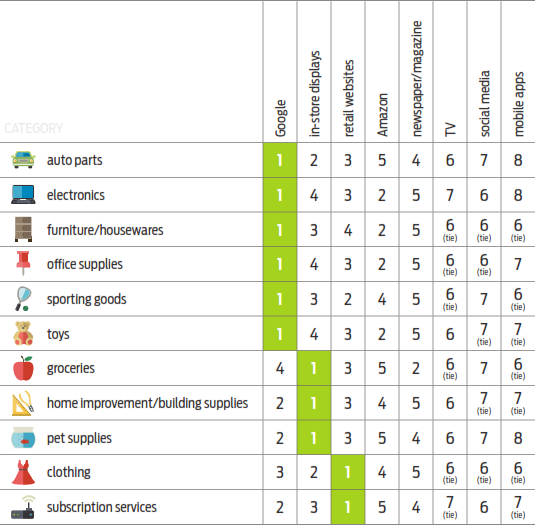Is your website useful?

Is your website useful?
Sometimes when you land on a web page, it is hard to navigate or recognise what is important. That’s why many website owners focus their minds on web design – making sure that people are attracted to their website and can use it with ease.
However, the design is not the only issue that makes people have a good experience with a website. Indeed, there are several “user experience” issues that affect us subconsciously when we land on a web page. One of these, for instance, is the amount of material. When there is little information on a web page, we tend to have a reduced sense of trust with the information the page does carry.
Human beings “weigh by the pound” and when we see a web page that has loads of information, we trust it more. That is part of our experience of a web page. As users we want to trust what we are faced with, so subconsciously we assess the volume of information and it if is large, we rate our experience of that page as more positive.
There are plenty of other issues relating to our user experience of web pages that operate at a subconscious level. Now, though, researchers in technology user experience have provided a clue as to what makes us like some web pages more than others.

Tips for business owners - Graham Jones, the internet psychologist with tips for business owners with an online offering
Warning: It has nothing to do with design..!
The researchers from Tampere University in Finland found in their study that the most influential aspect of user experience was whether or not the technology was useful to the individual. It appears that usefulness overrides other considerations. It suggests that we persist with any minor niggles of using the technology, as long as we find it useful.
Facebook, for instance, is notorious for its technological issues. You can’t design things the way you want. You can’t really control groups and pages with any real degree of flexibility. Nor can you make changes to certain things because of the way Facebook works. Yet in spite of its technological issues (and there are plenty of them) more than a billion people are happy to use the site most days of the week because they find it extremely useful. The significant degree to which we find Facebook useful overcomes the technological issues.
So when people visit your website are they faced with technological issues, such as poor navigation, or are the met with wonderful, prize-winning design? Either way there could be a “user experience” issue for you.
If your navigation is naff, then people will have a negative experience. Equally, though, if your design is fantastic, but your site is of little use to people, then that too is a user experience issue. Their experience of your website is negative.
If you want more visitors, more business and more profits, you need to ensure your website is of practical use to people.
Graham Jones
http://www.grahamjones.co.uk/
You can read more articles about Pensions, Wealth Management, Retirement, Investments, Financial Planning and Estate Planning on my blog which gets updated every week. If you would like to talk to me about your personal wealth planning and how we can make you stay wealthier for longer then please get in touch by calling 08000 736 273 or email info@solomonsifa.co.uk




